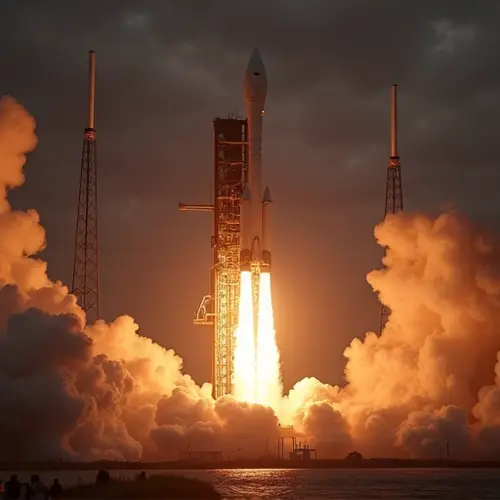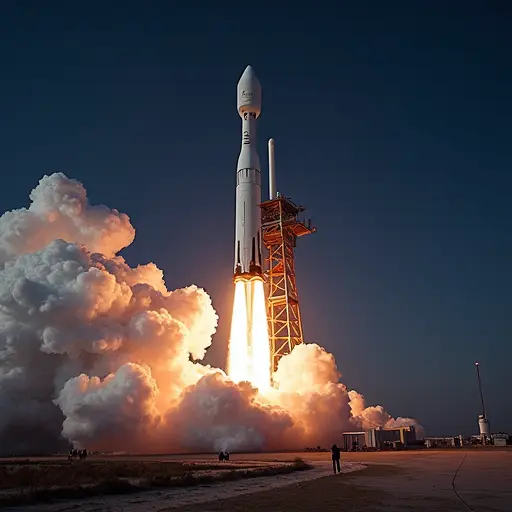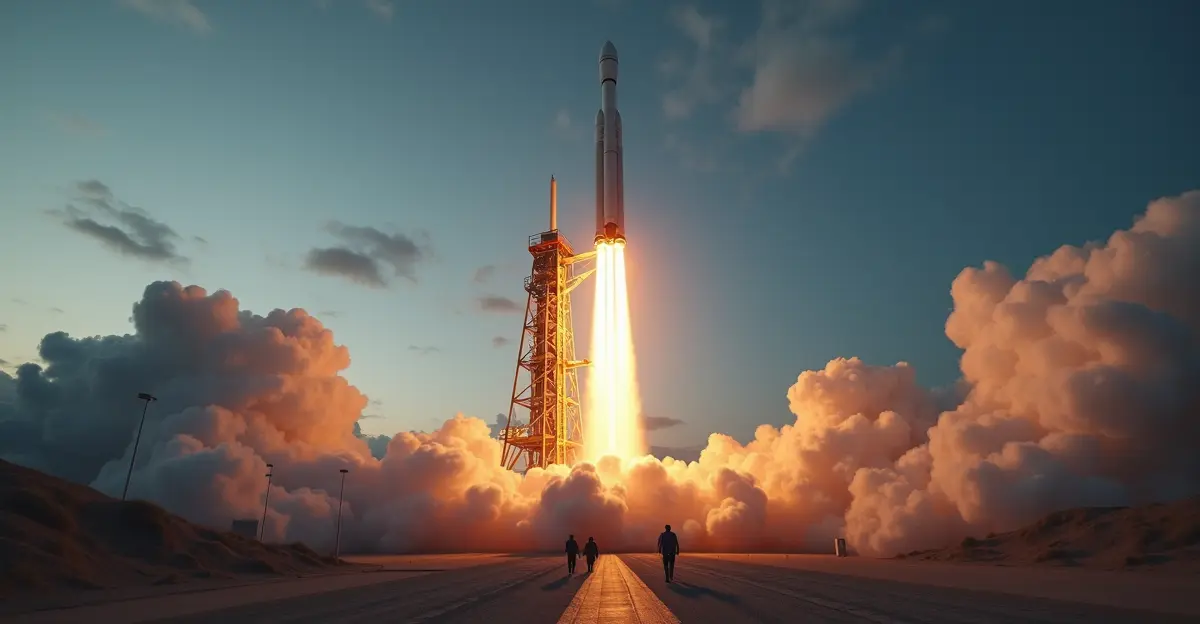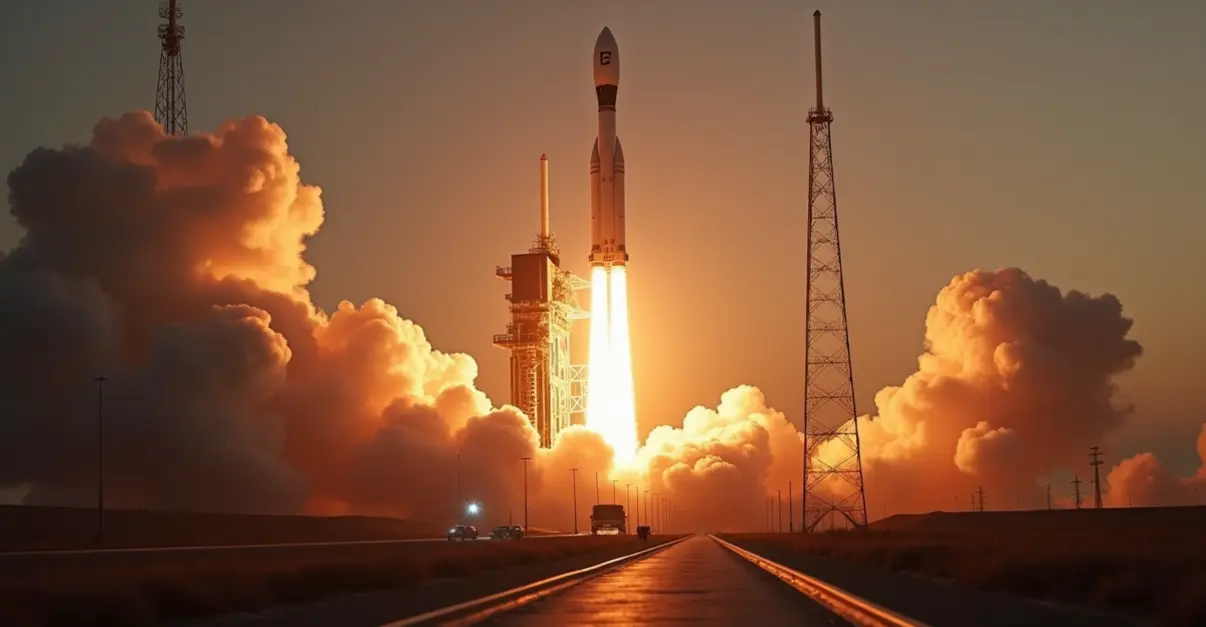Five European startups selected for ESA's Launcher Challenge 2025 aim to revolutionize small satellite launches with payloads from 180-1300kg, targeting booming micro-satellite market with innovative reusable and eco-friendly rockets.
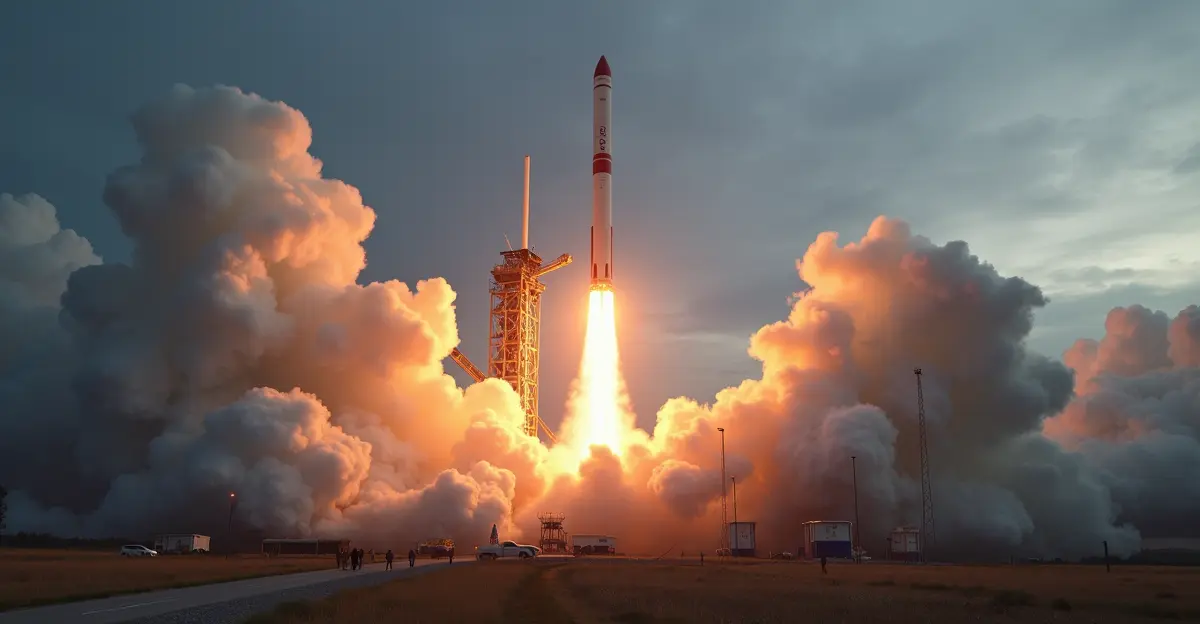
Europe's Small Launcher Revolution Takes Flight
Europe is witnessing a dramatic transformation in its space launch capabilities as a new generation of small rocket companies emerges to challenge traditional providers. Five European startups have been selected for the European Space Agency's Launcher Challenge 2025, making them eligible for up to €169 million in funding to develop alternatives to established players like Arianespace.
The Five Challengers
The selected companies represent a diverse European landscape: Isar Aerospace and Rocket Factory Augsburg from Germany, MaiaSpace from France, PLD Space from Spain, and Orbex from the UK. These companies are all focused on the rapidly growing small satellite market, with payload capacities ranging from 180 kg to over 1,000 kg.
'This marks a fundamental shift in how Europe approaches space access,' says space industry analyst Maria Schmidt. 'Instead of relying on massive government programs, we're seeing agile private companies driving innovation.'
Targeting the Micro-Satellite Boom
The timing couldn't be better. The global small satellite market is exploding, with thousands of micro-satellites planned for deployment in the coming years. These smaller payloads don't need the massive lift capacity of traditional rockets, creating perfect opportunities for specialized small launchers.
Isar Aerospace's Spectrum rocket can carry up to 1,000 kg to low Earth orbit, while PLD Space's Miura 5 offers 1,080 kg capacity with the added benefit of reusability. Rocket Factory Augsburg's RFA One promises even greater flexibility with 1,300 kg to sun-synchronous orbit.
Innovation and Challenges
Each company brings unique innovations to the table. MaiaSpace is developing Europe's first reusable rocket, while Orbex focuses on environmentally friendly bio-propane fuel.
However, the path hasn't been smooth. 'Our March test flight taught us valuable lessons about the challenges of rocket development,' admits Isar Aerospace CEO Daniel Metzler, referring to their failed launch attempt. 'But we're more determined than ever to succeed.'
The demand is clearly there. PLD Space has already sold out 80% of flights through 2027, with customers including the Spanish government and Italy's D-Orbit. Other companies are securing launch agreements years before their inaugural flights.
European Sovereignty in Space
This initiative represents more than just commercial opportunity. 'Europe needs independent access to space,' emphasizes ESA Director General Josef Aschbacher. 'These small launchers are crucial for our technological sovereignty and strategic autonomy.'
The competition has two components: providing launch services for ESA missions from 2026-2030, and demonstrating upgraded launch capacity. Final funding decisions will be made at ESA's ministerial council meeting in November 2025.
With the UK government recently investing £20 million in Orbex and other national governments supporting their domestic champions, Europe's small launcher ecosystem is rapidly maturing. The race to orbit is on, and these five companies are leading the charge to secure Europe's place in the new space economy.

 Nederlands
Nederlands
 English
English
 Deutsch
Deutsch
 Français
Français
 Español
Español
 Português
Português




